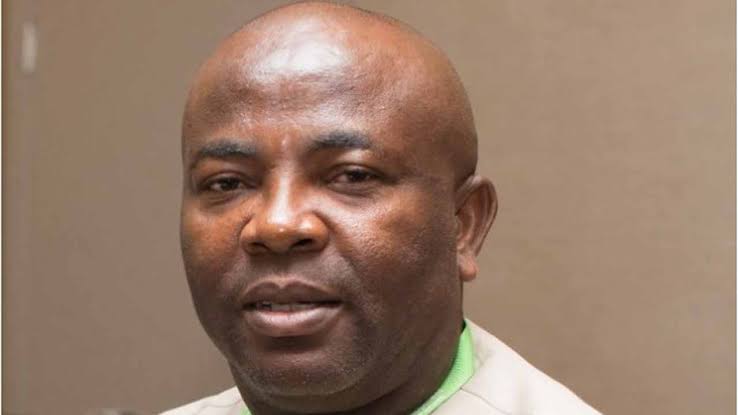The Fiscal Responsibility Commission (FRC) has charged the Federal Road Safety Corps (FRSC) with improving revenue performance and remittances via better understanding of the Fiscal Responsibility Act (FRA), 2007.
Mr Victor Muruako, Executive Chairman of the FRC, stated this at the start of a two-day capacity building on the FRA for FRSC staff.
According to a statement issued on Monday in Abuja by Mr Bede Anyanwu, Head, Strategic Communications Directorate, FRC, Muruako was represented as the event by Muhammad Zailani, Director, Administration and Human Resource.
Muruako stated that the fiscal responsibility initiative, which the Federal Government fully adopted, is an internationally accepted solution to the plethora of challenges faced by many governments around the world.
This, he stated, is in opposition to the profligate and careless abuse of public office by public office holders all over the world, including Nigeria.
“The initiative established rules and regulations for all government officials to follow in terms of fiscal operations.”
“Its implementation is expected to bring discipline, prudence, accountability, and transparency, as well as ensure that all public funds are accounted for.”
Muruako stated that the commission’s commitment in the program is to promote and enforce the nation’s economic goals.
This is in terms of revenue generation, which has become critical for the government in order to carry out the numerous programs outlined in the national budget that require funding.
According to him, project funding is only possible if the necessary resources are available.
He described the FRSC as one of the government agencies that generate revenue in a variety of ways, adding that it is the FRSC’s responsibility to find ways to do so.
He also stated that the time had come for no agency to play with remittances to the Federal Government’s Consolidated Revenue Fund.
“In accordance with the commission’s mandate, the template for calculating operating surplus was introduced, with contributions from stakeholders including the Office of the Accountant General of the Federation, the Office of the Auditor General of the Federation, the Institute of Chartered Accountants of Nigeria (ICAN), the Association of National Accountants of Nigeria (ANAN), Civil Society Organizations, and many others.”
“The purpose of this is to close the gap in the actual definition of operating surplus as stated in Section 22 of the FRA, 2007.”
“The operating surplus is the difference between the corporation’s income and expenditure calculated in accordance with accepted accounting practices.”
“The template also explains allowable and non-allowable expenditures, depreciation or amortisation, and issues concerning donations by government corporations.”
“Others include benefits not covered by an employment contract, political expenses, subscriptions, unbudgeted expenses, and unreported income.”
Muruako stated that the goal is to ensure that agencies spend wisely within the government’s allowed financial provisions.
According to the News Agency of Nigeria (NAN), the FRC was established to ensure prudent management of the nation’s resources and long-term macroeconomic stability of the national economy.
